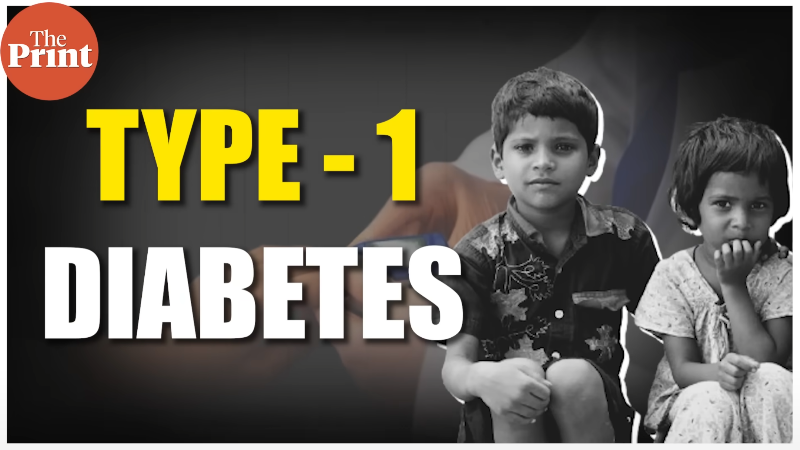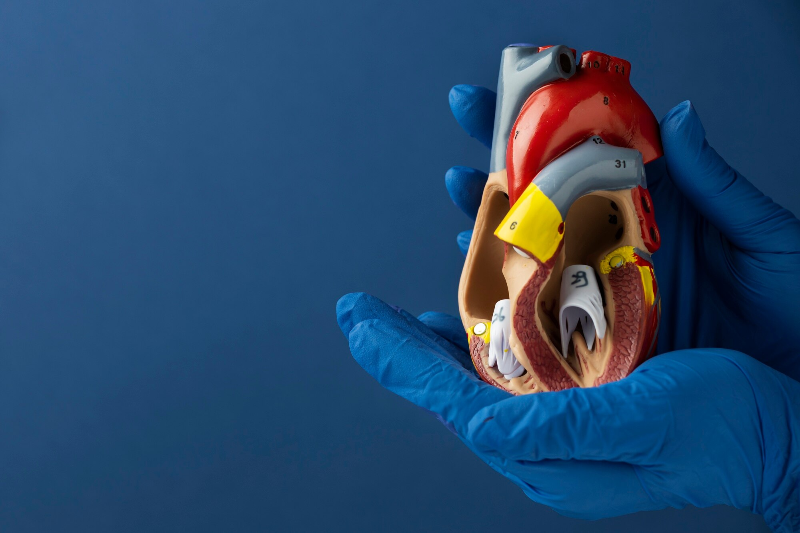Key word:Fibrillation; Non-small-cell lung cancer; MAVS; Thymus; Frozen shoulder
1.Apixaban for Stroke Prevention in Subclinical Atrial Fibrillation
A clinical trial, funded by the Canadian Institutes of Health Research and others, was conducted on 4012 patients with Subclinical atrial fibrillation in a double-blind manner. The trial demonstrated that patients receiving Apixaban had a significantly reduced incidence of stroke or systemic embolism compared to those receiving aspirin, albeit with a higher risk of major bleeding.
https://www.nejm.org/do/10.1056/NEJMdo007350
( DOI: 10.1056 / NEJMdo007350)
2.Repotrectinib in ROS1 Fusion-Positive Non-Small-Cell Lung Cancer
Repotrectinib, a next-generation ROS1 tyrosine kinase inhibitor (TKI), has demonstrated durable clinical activity and low incidence of adverse events in phase 1 trials among patients with ROS1 fusion-positive non-small-cell lung cancer (NSCLC), indicating its suitability for long-term administration. This project is sponsored by Turning Point Therapeutics, a wholly owned subsidiary of Bristol Myers Squibb.
https://www.nejm.org/doi/full/10.1056/NEJMoa2302299
(DOI: 10.1056/NEJMoa2302299)
3.The aldehyde dehydrogenase ALDH1B1 exerts antiviral effects through the aggregation of the adptor MAVS
The type I interferon (IFN) plays a crucial role in the host's defense against viral infections, while ALDH1B1, an uncharacterized IFN-stimulating gene (ISG) product, also plays a pivotal role in the antiviral response. Moreover, ALDH1B1 enhances the interaction between activated RIG-I and MAVS to augment IFN-β production and antiviral response. Mouse models lacking ALDH1B1 products exhibit more severe symptoms following influenza A virus infection compared to wild-type mice. Based on these findings, it can be concluded that ALDH1B1 functionally regulates MAVS-mediated signaling and contributes to the antiviral response.
(Nina Sun et al. ,The aldehyde dehydrogenase ALDH1B1 exerts antiviral effects through the aggregation of the adaptor MAVS.Sci. Signal.17,eadf8016(2024).DOI:10.1126/scisignal.adf8016)
4.Tuft cells and fibroblasts promote thymus regeneration through ILC2-mediated type 2 immune response
The mechanism underlying the acute yet reversible degeneration of the thymus in response to various stress signals remains incompletely understood. In this study, a mouse model of dexamethasone-induced acute thymic degeneration was utilized to investigate thymus regeneration, revealing the previously unexplored roles of thymus cluster cells and fibroblasts in promoting type 2 immune responses for thymus regeneration.
(Shir Nevo et al. ,Tuft cells and fibroblasts promote thymus regeneration through ILC2-mediated type 2 immune response.Sci. Immunol.9,eabq6930(2024).DOI:10.1126/sciimmunol.abq6930)
5.Proteomics and phosphoproteomics to study Tuina reverses capsule fibrosis in frozen shoulder:a research report based on rats
The therapeutic use of massage for Frozen shoulder(FS) is well-established, yet its underlying mechanism remains unclear. This study primarily aimed to investigate the mechanism associated with capsular fibrosis in a rat model of Frozen shoulder following massage treatment. Previous studies have demonstrated that massage can enhance glenohumeral range of motion (ROM) and mitigate capsular fibrosis in rats with FS. Proteomics analysis revealed an enrichment of differentially phosphorylated proteins involved in the MAPK signaling pathway. Protein-protein interaction (PPI) network analysis identified Myh3 and Srsf1 as key regulatory proteins with higher-than-average phosphorylation nodes, which are believed to play a central role in mediating tuina-induced reversal of envelope fibrosis. Thbs1, Vtn, and Tenascin-W were found to be significantly enriched in the PI3K-AKT and ECM receptor interaction signaling pathways; however, their expression levels were reduced after manipulation in the rat model. These findings provide insights into some mechanisms underlying the reversal of shoulder FS fibrosis following massage treatment.
https://www.nature.com/articles/s41598-023-50904-9
(Qiao, Y., Wang, J., Zheng, L. et al. Proteomics and phosphoproteomics to study Tuina reverses capsule fibrosis in frozen shoulder: a research report based on rats. Sci Rep 14, 661 (2024). https://doi.org/10.1038/s41598-023-50904-9)








Post comments